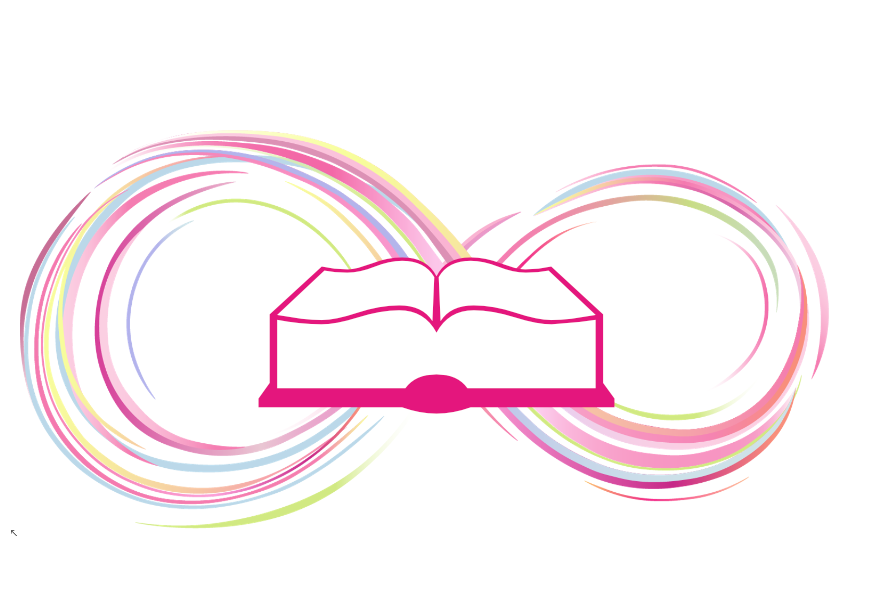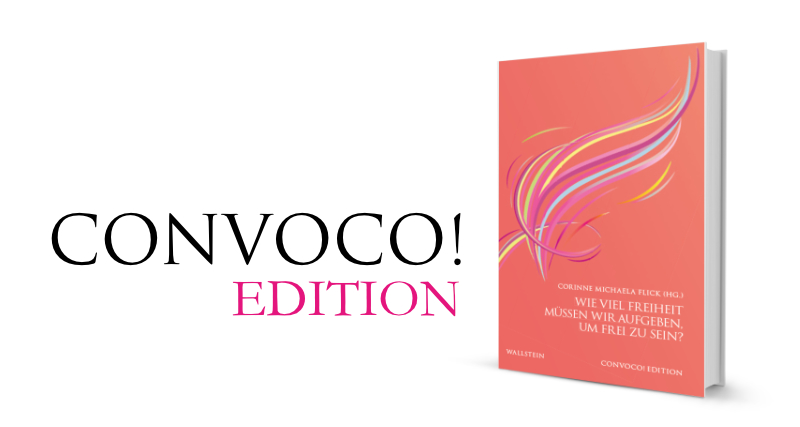Nachstehend finden Sie die neuen Leseempfehlungen unserer CONVOCO! Denker:innen – lassen Sie sich inspirieren.

Der blaue Kammerherr (1949) von Wolf von Niebelschütz
Eine eskapistische Barockparodie über griechische Legendenmotive. Allein die Sprache ist ein Gedicht! Klappentext: „Mit unvergleichlicher Gewandtheit verbindet Niebelschütz die Mythologie der Antike mit der Galanterie des christlichen Rokokos und spannt mit einem bunten Figurenreigen aus Sagenwelt, Religion, Literatur- und Menschheitsgeschichte spielerisch den Bogen durch die Jahrhunderte bis in die Gegenwart.“
Der Meister und Margarita (1966/1999) von Michail Bulgakow
Auch dies eine köstliche Parodie, diesmal über den „Faust“-Stoff mit Motiven aus der christlichen Passionsgeschichte und das alles eingebettet in eine Gesellschaftssatire über Moskau in den 1930er Jahren. Ein „faustisch-fantastisches Meisterwerk“, sagt der Klappentext.
Fahles Feuer (1962) von Vladimir Nabokov

Justice and the Politics of Difference (1990) von Iris Marion Young
This, to my mind, is one of the classic texts of political philosophy in the 20th century. It provides a way of thinking about issues of injustice and inequality without putting forward an ideal, perhaps even utopian, theory of justice. When I read Young’s works I sometimes wonder why I try to write political philosophy. Much of what I want to say has already been said by her, but put much better than I could ever hope to.
The Hotel Years. Wanderings in Europe Between the Wars (2015) von Joseph Roth
I’ve recently become slightly obsessed with Joseph Roth, a Jewish journalist and novelist from the eastern part of the Austro-Hungarian empire. Roth is one of the finest writers I’ve ever encountered, even though, alcoholic and desperate for money, he wrote far too much too quickly. This is a recently published collection of his spell-binding journalism written during his short final years before WW2, moving from hotel to hotel, mostly in Paris, having abandoned Vienna in 1933 when Hitler took power in Germany.
Das Gleichgewicht der Welt (1999) von Rohinton Mistry
A huge novel on a majestic, epic scale. It is almost as much a work of sociology as of literature. While receiving an education on Indian religious conflict and tolerance, the caste system, the weakness and corruption of the political system, the state of emergency, the semi-civilizing effect of trade and commerce, brutal population policy, and the contrast between Indian cities and villages, I also found myself caught up in the emotions, hopes, and fears of characters trapped together in a system with, apparently, no firm ground.

Tunnel 29. Love, Espionage and Betrayal: The True Story of an Extraordinary Escape Beneath the Berlin Wall (2021) von Helena Merriman
Sowohl als Podcast, wie auch als Buch phantastisch recherchiert, spannend wie ein Krimi und ein wichtiges Dokument sich daran zu erinnern, was es bedeutet hat, dass Deutschland viele Jahre getrennt war und was Menschen an unglaublicher Kraft aufgewendet haben, um immer auch wieder ihr eigenes Schicksal in die Hand zu nehmen.
Warum es so schwer ist, ein guter Mensch zu sein: …und wie wir das ändern können. Antworten eines Verhaltensökonomen (2022) von Armin Falk
Ein bemerkenswertes Buch, welches einen weiten Bogen vom menschlichen Verhalten und Denken, über die Psychologie, bis hin zu ökonomischen Konsequenzen, schlägt. Die vielen konkreten Beispiele aus der Forschung machen darüber hinaus wissenschaftliche Untersuchungen erlebbar und nachvollziehbar.
The Journey of Humanity: The Origins of Wealth and Inequality (2022) von Oded Galor
Ein inspirierendes, gut lesbares, weitgehend jargonfreies und unglaublich gelehrtes Buch, dass an Jared Diamonds „Arm und Reich“ (“Guns, Germs, and Steel”) erinnert, aber vor allem technologische Entwicklung und wissenschaftlichen Fortschritt in den Mittelpunkt industrieller Revolutionen stellt und auch für einen ökonomischen Laien sehr verständlich geschrieben ist.

The Argumentative Indian. Writings on Indian History, Culture and Identity (2005) von Amartya Sen
This book of essays is a reminder of India’s long tradition of public debate, and openness to different, often contradictory, viewpoints. Pluralistic debate is something that seems to have been lost in India’s current political climate, so these are essays that I read with nostalgia and (dare I say) hope.
The Warmth of Other Suns. The Epic Story of America’s Great Migration (2010) von Isabel Wilkerson
This book traces the lives of three African Americans who embarked on the “Great Migration”, which saw almost six million Black people move from the south to the north and western United States. The detail and compassion with which Wilkerson captures their journeys offers the reader an insider view into these three lives, while at the same time placing their experiences in the broad sweep of history. The writing is a feat of historical non-fiction.
Die See (2006) von John Banville
This novel tells the story of Max Morden, who returns to the town where his family holidayed in his childhood, and looks back to one fateful summer he spent there in his youth. As with all Banville novels, the story itself is gripping. But what is truly astonishing is Banville’s use of metaphor. The sentences are spare, but the language is luscious. You sometimes read a book and think to yourself, “Hey, I should write.” Then you read Banville and think, “No, better leave writing to this master.”
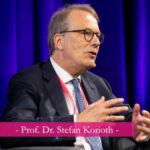
Der Code des Kapitals. Wie das Recht Reichtum und Ungleichheit schafft (2020) von Katharina Pistor
Auf Deutsch erstmals 2020 erschienen, inzwischen gibt es wohl eine dritte Auflage (die hatte ich noch nicht in der Hand). Soweit ich es bisher lesen konnte, eine streitbare und scharfsinnige Analyse.
Eine andere Epoche (2021) von Ulf Erdmann Ziegler
Ein Roman mit einem ungewöhnlichen Thema: Das politische Berlin 2011 aus der Sicht des Mitarbeiters eines Bundestagsabgeordneten. In manchem ein Schlüsselroman, aber auch wirkliche Protagonisten werden genannt. Zehn Jahre später scheint das eine wirklich vergangene Zeit zu sein, die Unterschiede zur frischesten Gegenwart und die Kurzlebigkeit der neuen Krisen springen ins Auge. Merkwürdig ist allerdings, dass der Autor die damals virulente Finanzkrise gar nicht thematisiert.
Herrhausen. Banker, Querdenker, Global Player (2019) von Friederike Sattler
Eine mustergültige Biographie trotz einiger hagiographischer Züge. 800 Seiten, die nicht loslassen. Das Buch zeichnet nicht allein ein fast umfassendes Portrait der Person, sondern enthält auch eine kenntnisreiche und detaillierte Wirtschaftsgeschichte der alten Bundesrepublik, vom schwierigen Beginn bis zu den Anfängen der Globalisierung und der Lage kurz vor der Gründung der Europäischen Union. Der/Die Leser:in erfährt, wie wir wurden, was wir sind.
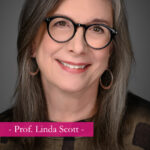
Sex and World Peace (2014) von Valerie Hudson et al.
This book is actually meant as a primer for graduate students in international affairs, but it reads like a compelling book of nonfiction for any reader interested in geopolitics, especially why the world is so prone to war. We long ago fell into the habit of explaining war through the ambitions of kings, the policies of nations, and religious or ethnic strife. More recently, the strong connection between demographic factors, especially high fertility rates and young populations, and conflict has emerged as a strikingly explanatory influence. Gender inequality drives these demographics—and the values of the cultures where excessive male dominance reigns easily explains those factors traditionally thought to “cause war.” Sex and World Peace lays out the whole, shocking situation using science and statistics.
Delusions of Gender. The Real Science Behind Sex Difference (2011) von Cordelia Fine
Cordelia Fine has emerged over the decade as one of the leading ethicists in neuroscience. This book focuses on the myth that women have inferior brains to men. Fine explains how male scientists have, for centuries, tried to claim that some brain deficiency made women inferior and therefore justified the male assertion of dominance. She details why each of these ideas fell apart, including some that were recently influential. Then she lays out what the current state of neuroscience tells us about the difference between men’s and women’s brains: specifically, that brains do not reflect sex the way ovaries and testes do. She recounts one fascinating study after another, spliced with historical tales bound to shock the contemporary reader. It’s a pleasurable, if infuriating, read, and a great way to learn about current trends in brain science.
Unsichtbare Frauen. Wie eine von Daten beherrschte Welt die Hälfte der Bevölkerung ignoriert (2020) von Caroline Criado Perez
Invisible Women explains and shows how our habits of measurement and data collection, whether we are looking at industry or science or government, have systematically ignored half the population—women—for a very long time. Perez shows how our exclusion of women from data cause biases and bad decision-making at every level of world society. Though this book is about data collection and measurement it is highly readable and very important.

Das Leben des Vernon Subutex (2018) von Virginie Despentes
Fast schon so etwas wie eine Fortsetzung der Belzac’schen Comédie Humaine.
Nationale Interessen: Orientierung für deutsche und europäische Politik in Zeiten globaler Umbrüche (2022) von Klaus von Dohnanyi
Ein Buch gegen den gegenwärtigen Mainstream.
Und wenn es die Zeit nicht gäbe? Meine Suche nach den Grundlagen des Universums (2018) von Carlo Rovelli
Da wird das eigene Ordnungsgefüge einmal kräftig durchgerüttelt.

Urwelten: Eine Reise durch die ausgestorbenen Ökosysteme der Erde (September 2022) von Thomas Halliday
Man tut gut daran, Hallidays Vorschlag zu folgen, Otherlands als “Reisebuch eines Naturforschers zu betrachten, wenn auch eher über zeitlich als räumlich entfernte Länder”. Jedes Kapitel ist eine biologische und geologische Momentaufnahme eines bestimmten Ökosystems der Erde vor zwischen 20.000 und 550 Millionen Jahren. Der Paläobiologe Halliday verbindet aktuellste wissenschaftliche Erkenntnisse mit Fantasie und Lyrik, um Flora und Fauna dieser verlorenen Welten zum Leben zu erwecken. Dabei schärft das Buch auch den Blick für die dramatischen Veränderungen, die unsere Erde heute durchlebt.
The Etymologicon (2011) von Mark Forsyth
Island of the Lost (2007) von Jane Druett
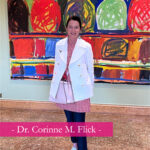
C! Edition: Wie viel Freiheit müssen wir aufgeben, um frei zu sein? (2022) von Corinne M. Flick (Hg.)
Ich lege Ihnen sehr unsere neue CONVOCO! Edition zum Thema Freiheit ans Herz. Es ist eine spannende und bereichernde Zusammenstellung zum Thema Freiheit.
The Waste Land (1922) von T.S.Eliot
100 Jahre Waste Land sind ein guter Anlass, dieses wichtige Buch wieder zu lesen.


